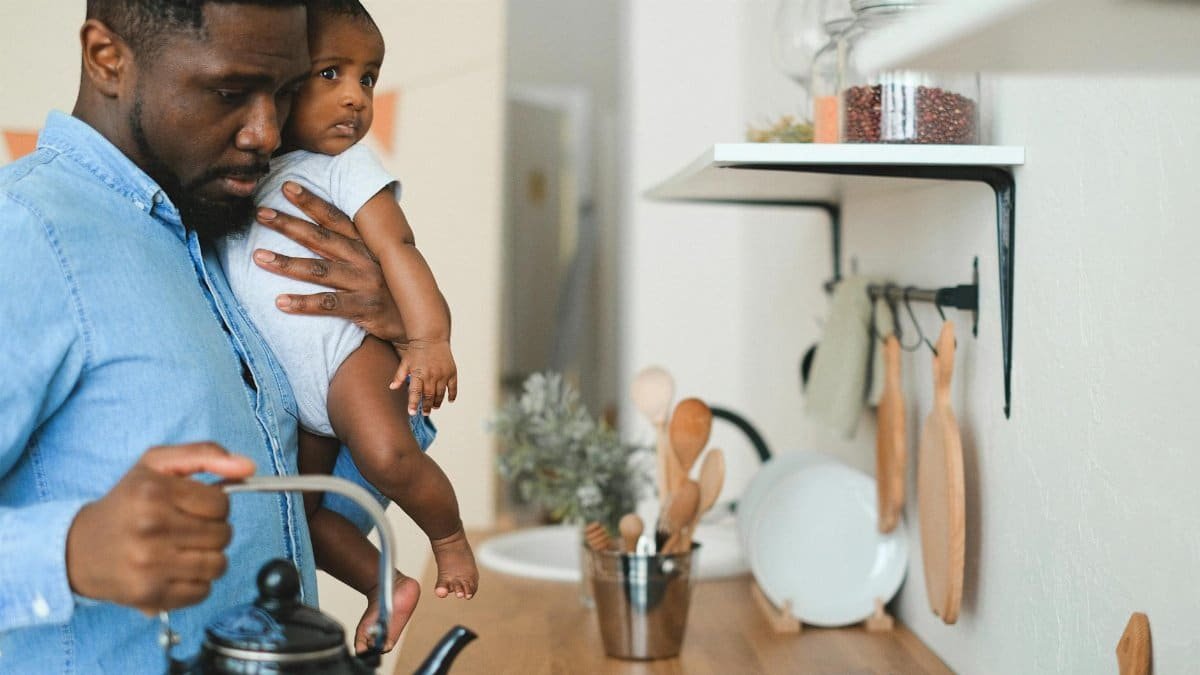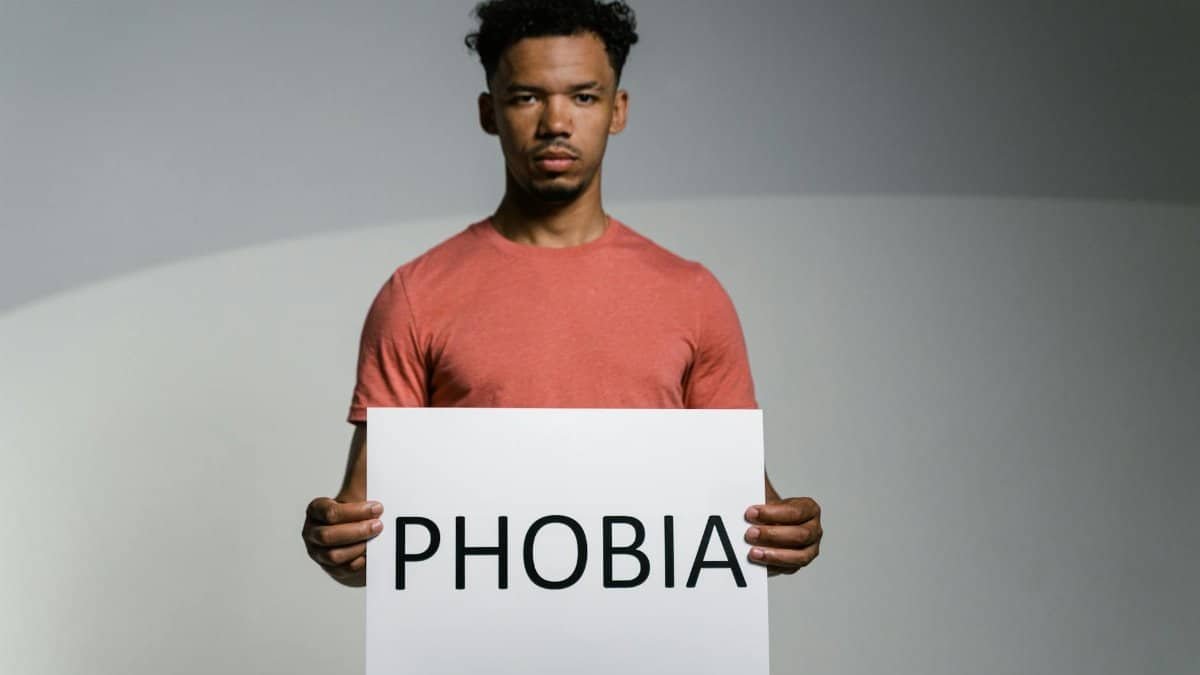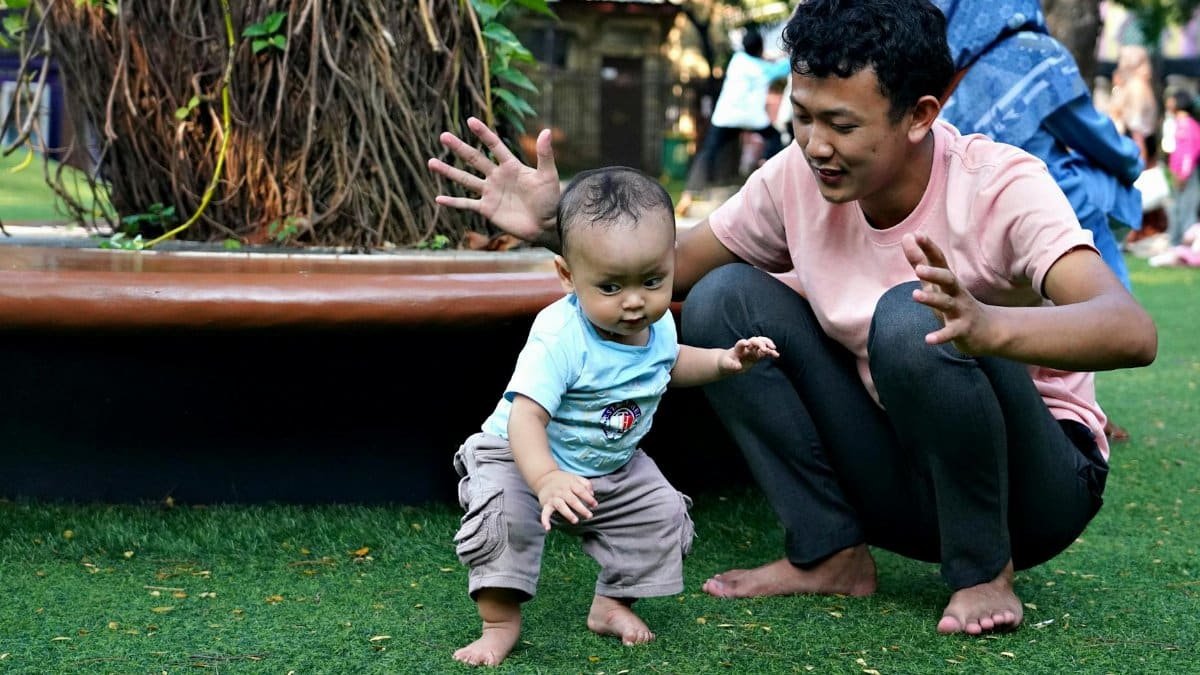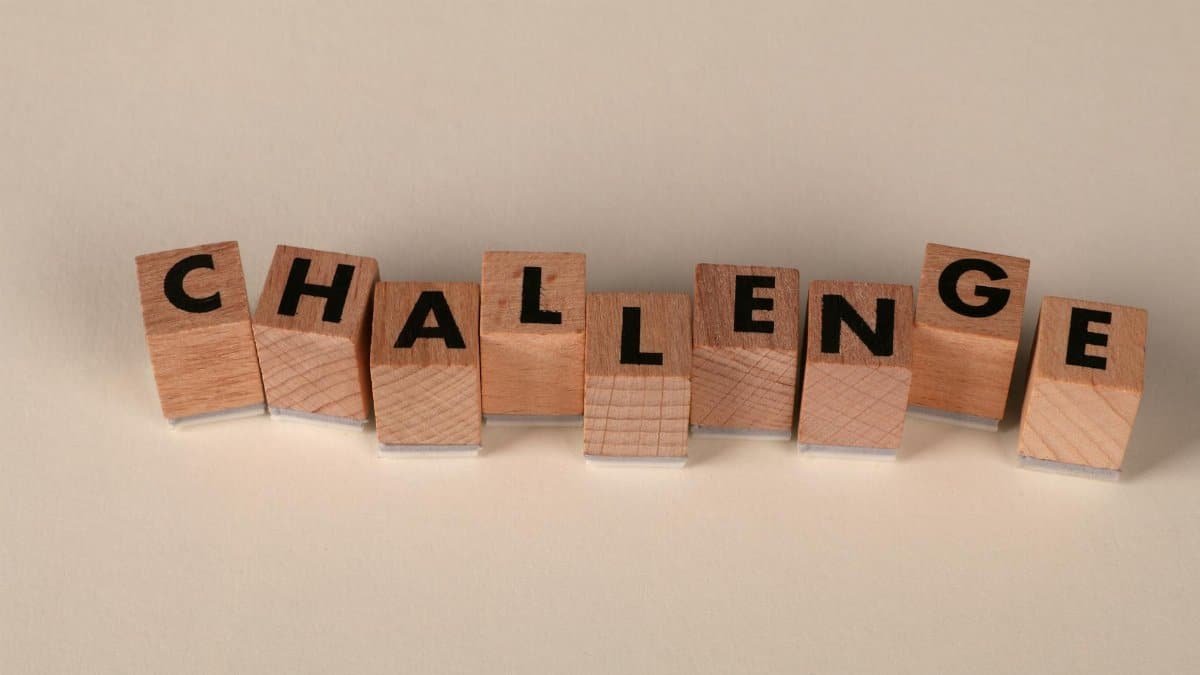What if the key to unlocking real personal change isn’t about pushing harder, but about letting go of old grudges against yourself? A recent study from the American Psychological Association found that 68% of adults who practiced self-forgiveness reported significant improvements in their emotional well-being, up from just 45% a decade ago. This surge highlights a growing recognition that holding onto past mistakes can stifle progress. Enter growth forgiveness, a concept that’s quietly reshaping how many Americans approach self-improvement in 2025. It’s not about excusing errors, but about acknowledging them as stepping stones. As more people grapple with the stresses of modern life, from career shifts to relationship strains, this idea offers a fresh lens. It invites a kinder internal dialogue, one that fosters resilience rather than regret. In a world that often demands perfection, growth forgiveness reminds us that transformation begins with compassion.
Defining Growth Forgiveness in Everyday Terms

Growth forgiveness starts with a simple premise. People make mistakes. Everyone does. But what happens next? For many, those errors become anchors, weighing down any attempt to move forward. The term itself blends the idea of personal development with the act of pardoning oneself or others. It’s about releasing the emotional baggage that hinders progress. Think of it as clearing the mental clutter to make room for new experiences.
Experts describe it as a process, not a one-time event. A report from the American Psychological Association outlines how self-forgiveness correlates with lower levels of anxiety and depression. In practice, it might look like journaling about a past failure, then consciously deciding to learn from it without self-punishment. One anonymized account shared in online discussions captured this vividly: a woman in her forties described finally forgiving herself for a career misstep from her twenties, saying it felt like “unlocking a door I’d nailed shut years ago.” Such stories illustrate the quiet power at work.
Yet it’s not always straightforward. Cultural pressures often push for relentless achievement, leaving little space for grace. Still, as awareness spreads, more individuals are embracing this approach, finding it transforms daily interactions.
The Psychological Roots of Holding On

Dig into the mind, and you’ll find why letting go is so tough. Evolution wired humans to remember threats and failures as survival tools. But in today’s world, that instinct can backfire. Psychologists point to rumination, the endless replaying of regrets, as a major barrier to growth.
Research from the National Institutes of Health shows that chronic self-blame activates stress responses similar to physical danger. Imagine a middle-aged man, let’s call him Tom, who lost a job due to a risky decision. Years later, he avoids new opportunities, trapped in what-ifs. Growth forgiveness interrupts this cycle by reframing the narrative. Instead of “I failed,” it becomes “I learned.”
This shift isn’t just theoretical. Therapists often guide clients through exercises like writing letters of forgiveness to their past selves. The result? A lighter emotional load, paving the way for bolder steps. Of course, it’s messy. Doubts creep in, and old habits resurface. But persistence pays off, as many discover over time.
Growth Forgiveness in Relationships

Relationships thrive on trust, but grudges can erode it silently. Apply growth forgiveness here, and dynamics change. It’s about forgiving a partner not to forget the hurt, but to allow mutual evolution. Couples who practice this often report deeper connections.
Consider a scenario from everyday life: Sarah and Mike, married for 15 years, hit a rough patch after an argument over finances. Instead of harboring resentment, they chose to discuss it openly, forgiving the miscommunications. This act didn’t erase the issue, but it freed them to grow together. Studies back this up; a Pew Research Center analysis on family trends notes that forgiveness practices correlate with higher satisfaction in long-term partnerships.
Not every story ends happily. Some relationships can’t withstand the weight of unforgiven pasts. Yet even in separation, growth forgiveness helps individuals move on without bitterness, turning pain into wisdom for future bonds.
Overcoming Common Obstacles

Barriers to growth forgiveness abound. Perfectionism tops the list, especially in high-achieving circles. Many fear that forgiving means lowering standards. Others struggle with guilt, ingrained from childhood lessons about right and wrong.
Start small, experts advise. Begin with minor slip-ups, like missing a workout, and build from there. A brief anecdote: during a community workshop in Chicago, participants shared how forgiving small daily failures led to bigger breakthroughs. One man recounted forgiving himself for procrastinating on a project, which then sparked a surge in productivity.
External factors play a role too. Social media amplifies comparisons, making self-forgiveness harder. But tools like mindfulness apps help counter this. The key is patience; obstacles don’t vanish overnight, but chipping away reveals progress.
The Role in Professional Life

Workplaces demand adaptability, yet past setbacks can haunt careers. Growth forgiveness reframes failures as feedback. Leaders who embody this inspire teams, creating cultures where innovation flourishes without fear of reprisal.
In Silicon Valley, for instance, entrepreneurs often tout “failing forward.” But it’s growth forgiveness that underpins this mindset. A study by the Harvard Business Review explores how self-forgiveness boosts resilience in business settings. Picture a manager who botched a presentation; by forgiving the mishap, she approaches the next one with renewed confidence.
Challenges arise in toxic environments, where forgiveness feels like surrender. Still, individuals can cultivate it personally, using it as a shield against burnout. Over time, this personal shift influences broader organizational change.
Integrating It into Daily Routines

Making growth forgiveness habitual requires intention. Morning reflections set the tone. Jot down one thing to forgive from the day before, then affirm a lesson learned. It’s straightforward, yet transformative.
Evening wind-downs work too. Review the day without judgment, focusing on growth opportunities. One recent personal account, shared anonymously online, described how this ritual turned a string of parenting regrets into actionable insights, easing the load of self-doubt.
Combine it with physical activity. A walk while mentally releasing grudges can feel liberating. Consistency matters; like any skill, it strengthens with practice. Soon, it becomes second nature, coloring how you navigate challenges.
Broader Societal Impacts

Beyond the individual, growth forgiveness ripples outward. Communities that prioritize it foster empathy, reducing conflicts. In education, teaching kids this concept early builds resilient adults.
Look at social movements. Activists often draw on forgiveness to sustain long fights for justice, preventing burnout. Data from the Centers for Disease Control and Prevention underscores how emotional resilience contributes to public health. Imagine a neighborhood group addressing local issues; forgiving past disagreements keeps momentum alive.
Critics argue it’s naive in the face of systemic wrongs. Fair point. But paired with accountability, it becomes a tool for collective healing, not avoidance.
Measuring Personal Progress

How do you know it’s working? Track subtle signs. Less rumination, more energy for pursuits. Journaling helps quantify this, noting shifts in mood or decisions.
Seek feedback from trusted friends. They might notice your increased openness. Research supports self-assessment tools; the APA offers frameworks for evaluating forgiveness journeys.
Progress isn’t linear. Setbacks happen, but viewing them through the lens of growth forgiveness turns them into opportunities. Celebrate small wins, like handling criticism gracefully. Over months, these accumulate into profound change.
Looking Ahead with Optimism

As 2025 unfolds, growth forgiveness gains traction in wellness circles. Therapists incorporate it into sessions, and apps gamify the process. This momentum suggests a cultural shift toward kinder self-narratives.
Challenges remain, like misinformation about what forgiveness truly means. Education counters this. Ultimately, embracing it equips people to face uncertainties with grace, reshaping not just individual lives, but the fabric of society.
